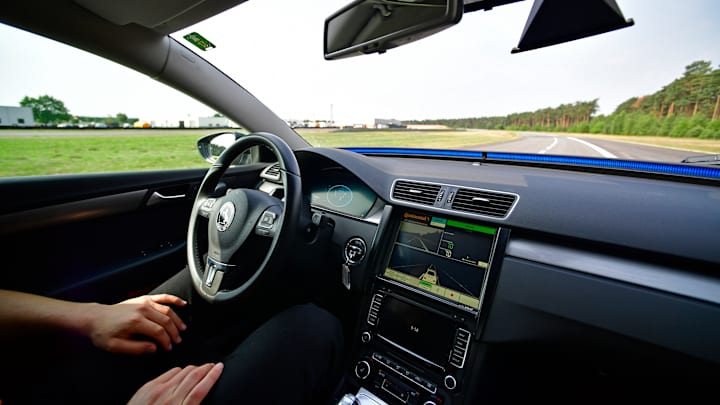The Role of Artificial Intelligence in Automotive Manufacturing

Artificial intelligence (AI) is playing an increasingly important role in automotive manufacturing, enhancing efficiency, precision, and quality. AI-powered robots and automated systems are used for tasks such as welding, painting, and assembly, reducing the need for human labor and minimizing errors. Machine learning algorithms analyze vast amounts of data to optimize production processes, predict maintenance needs, and improve supply chain management.
One of the key benefits of AI in manufacturing is the ability to perform repetitive and complex tasks with high precision. Robots equipped with AI can work continuously without fatigue, ensuring consistent quality and reducing the risk of defects. This not only improves the overall quality of the vehicles but also increases production speed and efficiency. AI systems can also monitor the condition of machinery and predict when maintenance is required, preventing costly breakdowns and downtime.
AI is also used in quality control, identifying defects and ensuring that vehicles meet stringent standards. Machine vision systems can inspect parts and components with high accuracy, detecting even the smallest imperfections. This level of precision ensures that only high-quality vehicles leave the production line, enhancing customer satisfaction and reducing warranty claims.
As AI technology continues to advance, its role in automotive manufacturing will expand, driving innovation and improving the overall quality of vehicles. The integration of AI in manufacturing processes allows for greater flexibility and adaptability, enabling manufacturers to respond quickly to changing market demands. The future of automotive manufacturing is set to be increasingly automated and intelligent, with AI playing a central role in shaping the industry and driving continuous improvement.